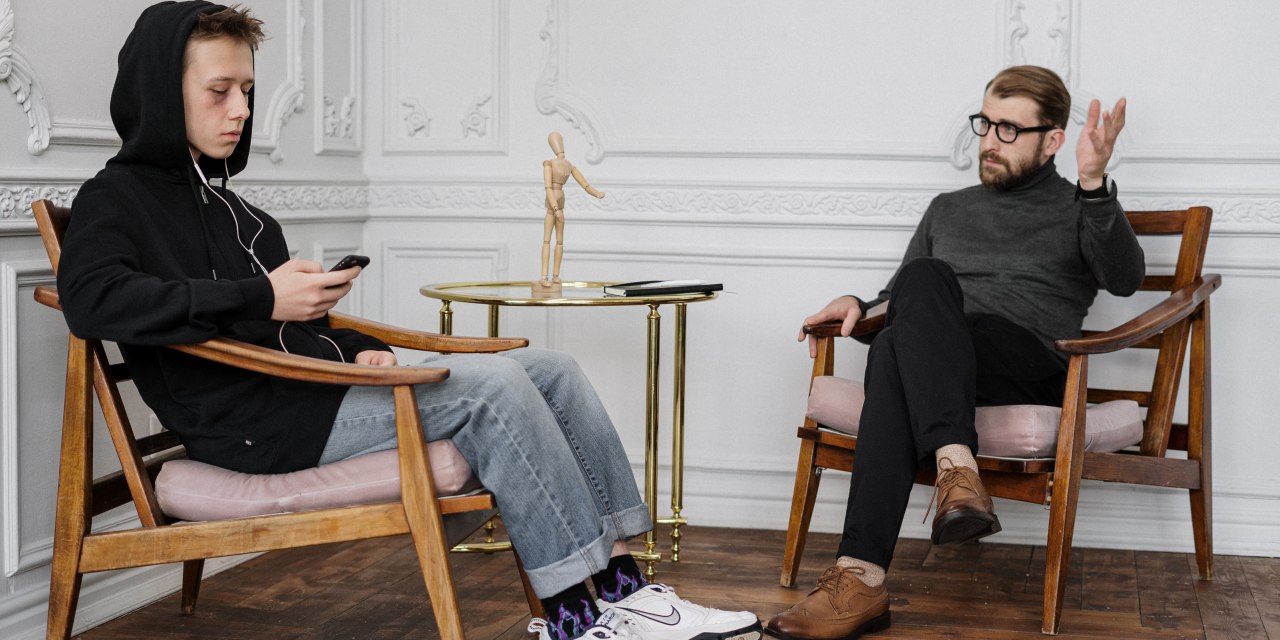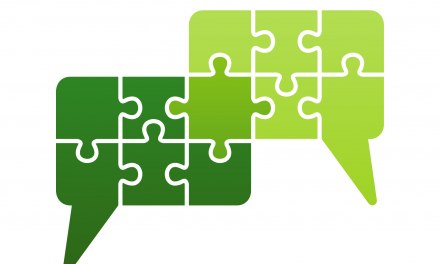I happened upon a new term recently: psychological reactance. It’s another way to describe the reluctance/ resistance some of us have to COVID vaccination. As a term, it’s an alternative to the more commonplace vaccine hesitancy.
Here’s the difference: where hesitancy implies indecision or ambivalence, reactance suggests something more aggressive. According to the Dictionary of the American Psychological Association (APA), reactance appears “… in response to a perceived threat to — or loss of — a behavioral freedom”. Their response is “…distress, anxiety, resistance, and the desire to restore that [lost] freedom.”
“Often,” the Dictionary continues, the individual demonstrates “…an increased preference for the behavior that is restrained, and may perform the behavior opposite to that desired.” Translation: they do the exact opposite of whatever is required.
This is the key point from a 2018 book by Aussie psychologist Stephen Taylor, who argues that “Psychological reactance has been an issue around any public health guidance, whether that’s increasing the intake of more fruit and vegetables, good dental hygiene, or vaccinations or masks.” He calls it “the ‘you’re-not-the-boss-of-me’ kind of response [that] is seen particularly in people raised in cultures that take pride in freedom and individualism.”
That would be us. Many Americans actually take pride in stubbornly resisting any guidance from health authorities, no matter how persuasive the evidence.
Here’s a review of Taylor’s book, “The Psychology of Pandemics”.
I can see how reactance is also at work in addiction treatment, especially where it’s been mandated as a consequence of some offense. In fact, it’s frequently the first and foremost issue that must be dealt with when a client arrives in treatment. If not addressed, this resistance can undermine the whole process, negatively affecting the chances for a good outcome.
Programs have taken on the challenge in different ways. For example, one program has experimented with a group experience for new clients. They used a motivational intervention that occurred one Saturday prior to beginning treatment at the IOP level. Sessions combined brief didactic presentations with followup task groups that essentially asked participants to apply what they just learned to their own situation. Sample themes might focus on identifying your own values; setting goals for the treatment experience as well as your life as a whole; exploring proven methods for making good choices; minimizing risk; and other subjects along that line.
The goal: first, to foster a sense of personal engagement in the treatment process to come. Second, to and create a bond among a small group of new clients who would experience the program together. Ideally, this bond would carry over to their participation in IOP, creating an atmosphere of open and (hopefully) more honest communication.
Anecdotally at least, it worked. Clients arrived that Saturday in various stages of resistance, ranging from the overtly hostile – “oh, screw you people!”– to more subtle expressions– “was I supposed to show up for every group? I thought I could pick and choose.”
Unfortunately, we haven’t tried this via telehealth, but since most programs I’ve visited are already planning for a combination of live and televised services, I figure there’s time for a pilot.
One professor told me that they’d used a similar approach with domestic violence, another resistant population. That might suggest potential usefulness in other situations where resistance is strong.
Anyway, if reactance is at work with vaccination, then I can certainly understand why those million dollar jackpots weren’t too effective. Many people would interpret it as an attempt to undermine their core principles, and sabotage their right to self-determination. A form of bribery, in other words. People react negatively to that.
Don’t forget, they see themselves as defending not just a single choice but themselves. Their goals, their right to choose, their values, their lives.
Maybe that’s why the anti-vax folks and their supporters work hard to “reframe” vaccination as an issue of personal liberty, instead of good public health practice.
No, it’s not terribly logical. But since when did the absence of logic weaken somebody’s faith in a potentially dangerous decision?
Heck, it may even strengthen it. Ask any gambler.













